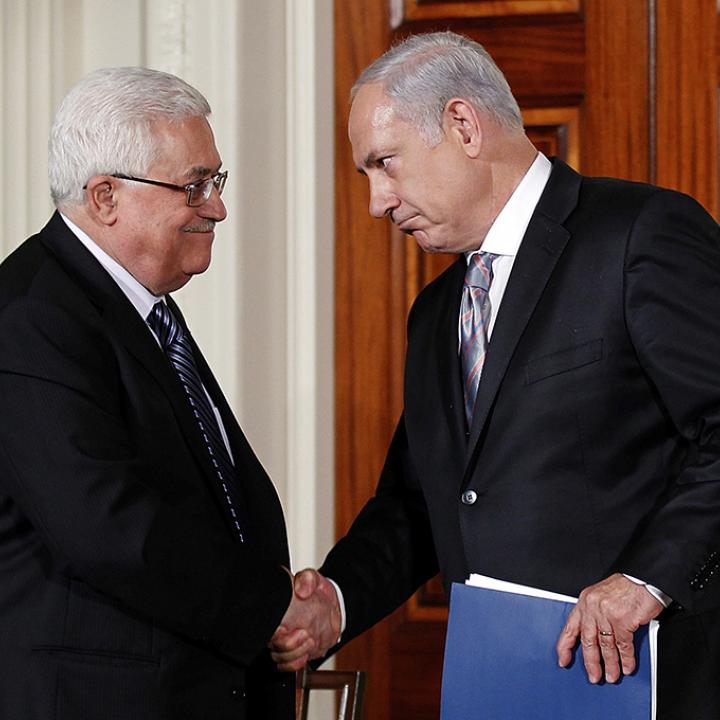

The ultimate question that preparatory talks are designed to answer is whether both sides are serious about reaching an agreement.
Secretary of State John Kerry's announcement last week that he had "established a basis" for Israeli-Palestinian negotiations to resume was greeted with no small amount of cynicism. Middle East peace talks, alternately quiet and grand, have come and gone with little to show. Kerry's efforts have been dismissed as "talks about talks" and the announcement of a meeting between the two sides viewed as a token return on his heavy diplomatic investment.
But as easy as it is to be jaded about the Middle East peace process, preparatory negotiations of the sort Kerry has engaged in serve an important purpose. Although its centrality in regional or global affairs is often exaggerated, the Israeli-Palestinian conflict is important in its own right and needs to be resolved. Critical issues at the moment relate to timing: Given the turmoil in the region and domestic political uncertainties on both sides, is either side ready for a serious peace push, and should this issue be a priority for the United States? Preparatory discussions can answer these questions...
Washington Post



